Houston’s transformation from a modest settlement to a thriving metropolis is a story rooted in the grit, determination, and vision of its early settlers. These pioneer families played a fundamental role in shaping the culture, infrastructure, and growth of the city, leaving behind a lasting legacy that continues to influence Houston today.
The Founding Families: The Allen Brothers
The Allen brothers, Augustus and John, are credited with founding Houston in 1836. They envisioned a bustling port city along Buffalo Bayou, hoping it would become a hub of commerce and transportation. The brothers’ ambitious vision attracted settlers, businesses, and investors, establishing Houston as a critical point for trade and growth in Texas.
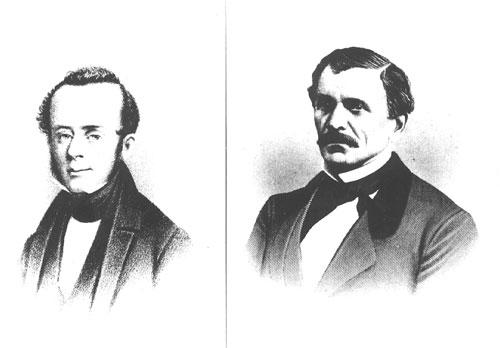
Their influence extends beyond just founding the city. Streets, neighborhoods, and institutions still bear their names, ensuring that the Allen brothers’ role in the city’s history is remembered.
Agriculture and Land Development: The Role of Farming Families
As more families moved into the Houston area, agriculture became a cornerstone of the local economy. Families such as the Whites, Rices, and Lubbocks not only contributed to the development of farmlands but also became key figures in real estate, eventually shaping the city’s suburban expansion.
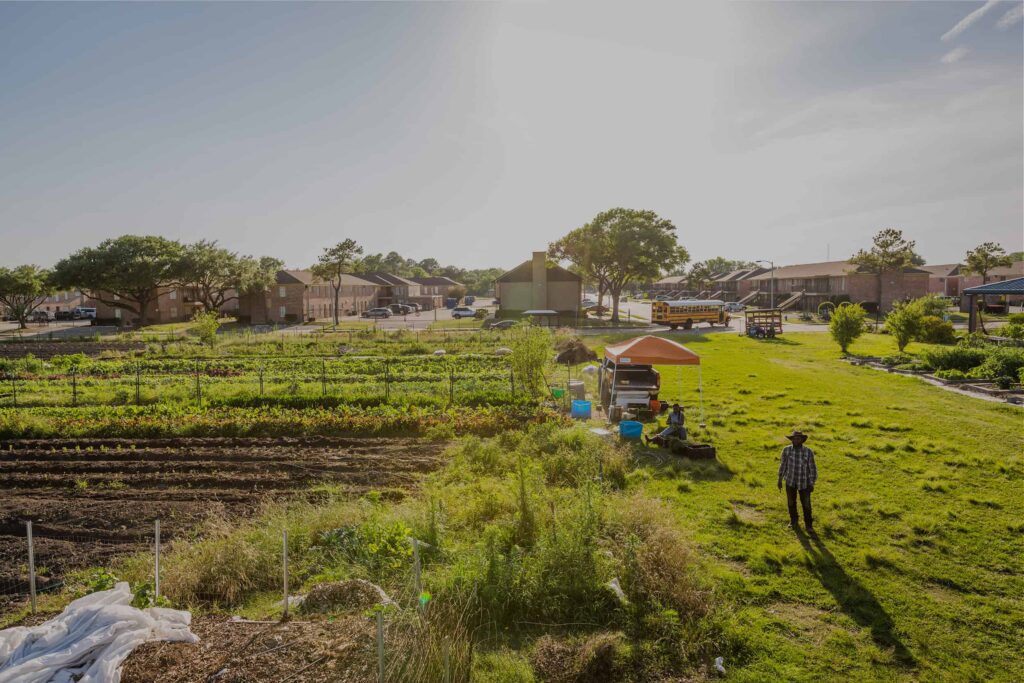
These early settlers understood that success depended on more than just farming. By investing in education, infrastructure, and public services, they laid the foundation for future generations to thrive. Schools, parks, and city districts today reflect the contributions of these pioneering families.
Houston’s Expansion and the Role of Railroads
The growth of railroads played a critical role in Houston’s expansion, and many pioneer families were instrumental in this process. Entrepreneurs and settlers invested in the Houston and Texas Central Railway, which allowed the city to establish itself as a trade hub for cotton, cattle, and timber.
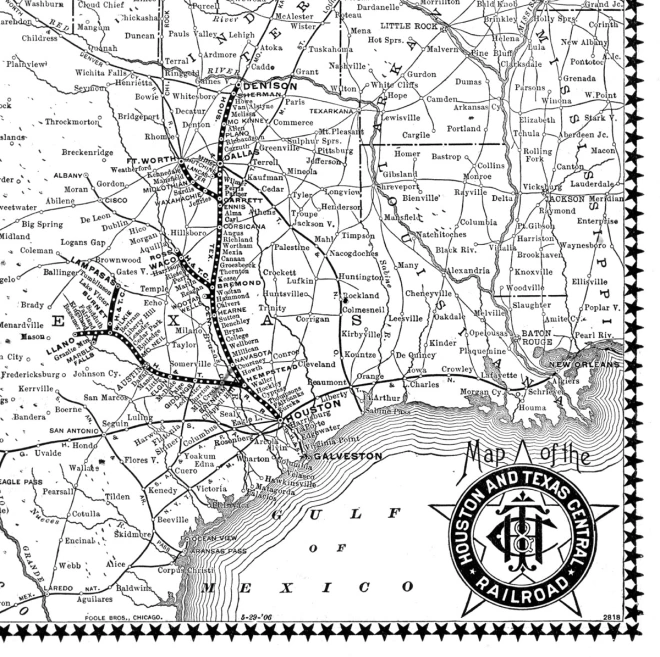
This transportation network fueled Houston’s development, attracting new settlers and creating economic opportunities that shaped the identity of the city. Railroads connected Houston to the Gulf Coast and beyond, further embedding it in the fabric of Texas commerce.
Cultural and Philanthropic Contributions of Early Settlers
The pioneer families of Houston also contributed to the city’s cultural and philanthropic development. Families such as the Culls and Worthams donated land and resources to build libraries, theaters, and hospitals, ensuring that the city’s rapid growth was accompanied by cultural and social infrastructure.
Philanthropy became a defining characteristic of these families, whose legacies live on through institutions like the Houston Museum of Natural Science and the Rice University endowments. Their generosity helped shape Houston into a city known for both commerce and culture.
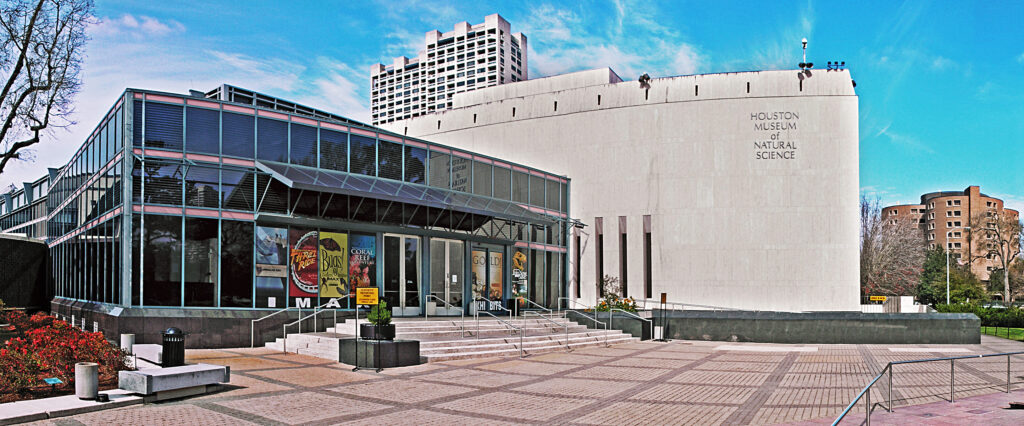
Challenges Faced by Early Settlers
The life of Houston’s early settlers was not without hardship. The city’s humid climate and frequent flooding made it a challenging place to settle. Diseases such as yellow fever and malaria were constant threats, and early families had to adapt to both environmental and social challenges.
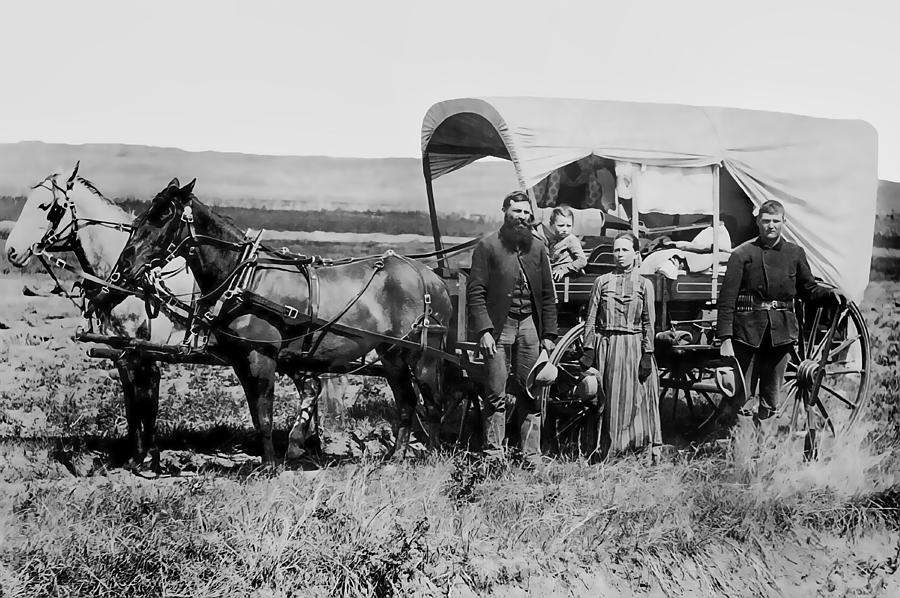
Despite these obstacles, the resilience of these families set a precedent for Houston’s ability to recover and rebuild after disasters. The legacy of these early settlers’ perseverance is reflected in the modern city’s commitment to overcoming challenges and building for the future.
Pioneer Families in Houston Today
The descendants of Houston’s pioneer families remain influential in the city today. Many have carried on their ancestors’ commitment to entrepreneurship, philanthropy, and civic leadership. These families play an active role in maintaining and growing Houston’s cultural institutions and business landscape, ensuring that the legacy of the city’s founders endures.
From education and real estate to healthcare and the arts, the impact of Houston’s early settlers is evident across the city. Their stories are preserved in museums, historical markers, and family-owned businesses that continue to thrive.